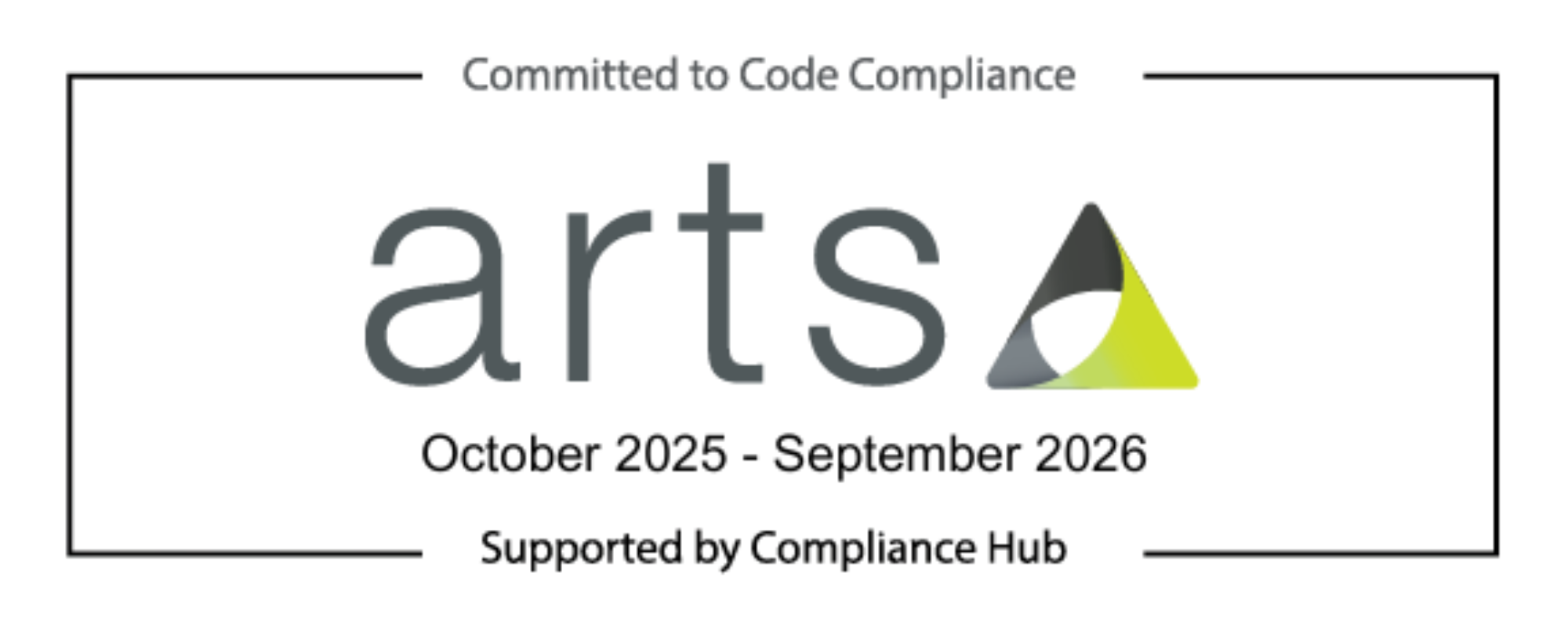Powering transformation: creating a single national formulary
Following the publishing of the 10-Year Health Plan (10YHP) at the start of this month, the government announced plans to launch a single national formulary (SNF) for prescribing in England within the next two years. This presents an interesting pivot for pharmacy professionals and their role in pushing forward the plan’s agenda.
Under the life sciences section of the 10YHP titled Powering transformation: Innovation to drive healthcare reform, the SNF will mark a move away from traditional local formulary systems. The updated system will aim to reduce duplication and the postcode lottery that has historically been created by locally derived formularies. Instead, local lists of approved medicines will be replaced by a universal, streamlined inventory to continue to ensure the safe and effective use of medicines across systems.
This is significant for local prescribers, particularly clinicians and pharmacists, as it will transform prescribing, procurement and medicine governance and optimisation processes. According to the plan, prescribers will be encouraged to use products ranked highly in the SNF, which will present an interesting adaptation to clinical practice and decision-making. However, the plan is explicit in balancing clinical autonomy and compliance with NICE prescribing guidance.
The overall driver of this policy lies in enabling clinicians to prescribe in the most cost-effective and efficient way, and to address variation in prescribing practice across the country. It will also serve to facilitate greater pharmaceutical innovation, market access and stronger industry partnerships “to make sure we realise these objectives together”.
The plan also outlined the creation of a brand-new formulary oversight board to support this transition. This board, with steer from NICE, will be responsible for “sequencing products included in the formulary based on clinical and cost effectiveness”.
Dr Sam Roberts, chief executive of NICE, reacted to this news and explained its potential: “The plan gives NICE the power to get medicines to patients faster, reduces the postcode lottery for high impact health technology, and maximises the value for money of existing innovations used in the NHS”.
It will be interesting to observe how these changes are implemented in practice and adopted across the system. The success of the government’s ambitious reform will lie in the ability to collaborate with stakeholders across the supply chain and effective digital support to enable interoperability across systems.


 London
London


